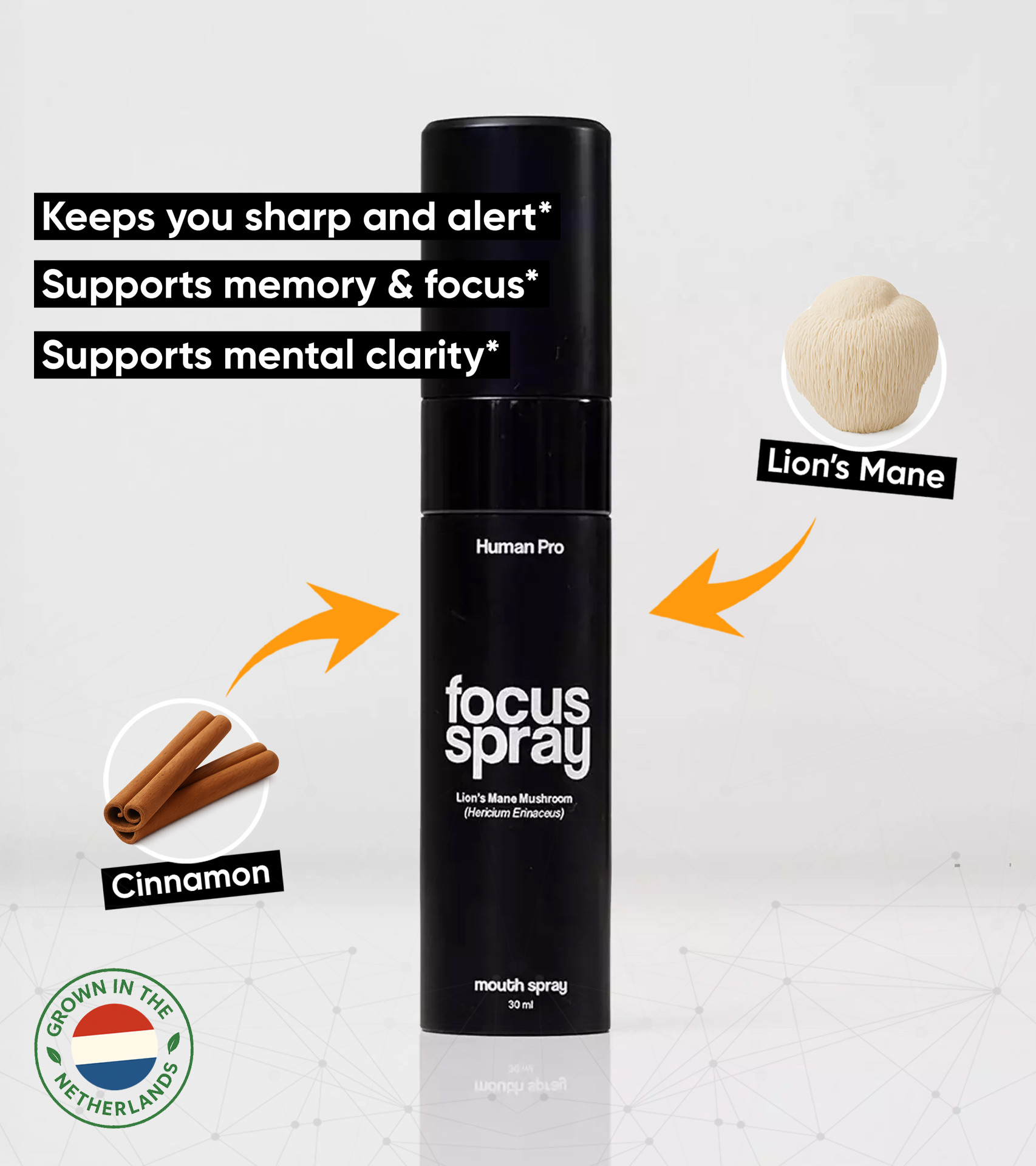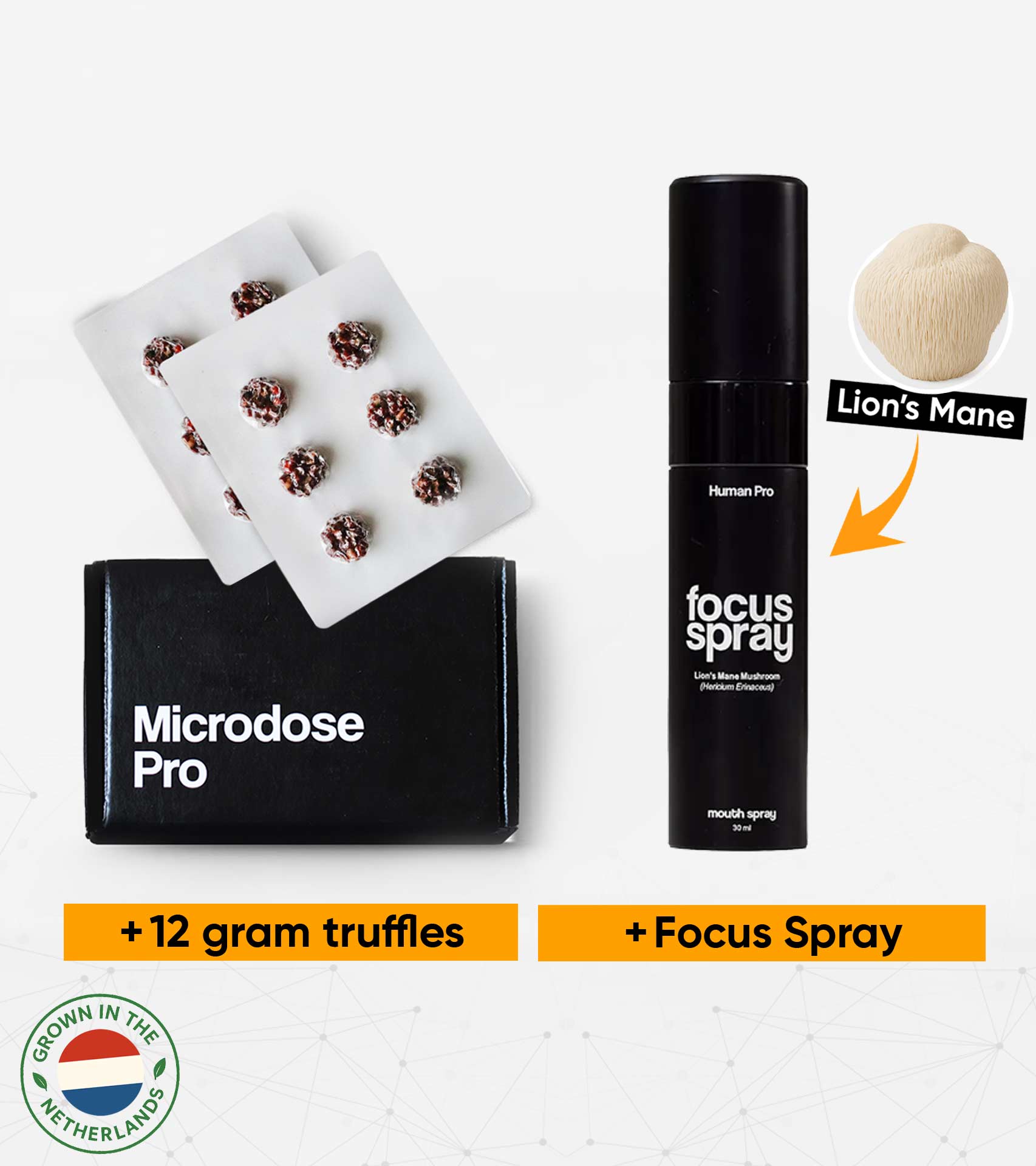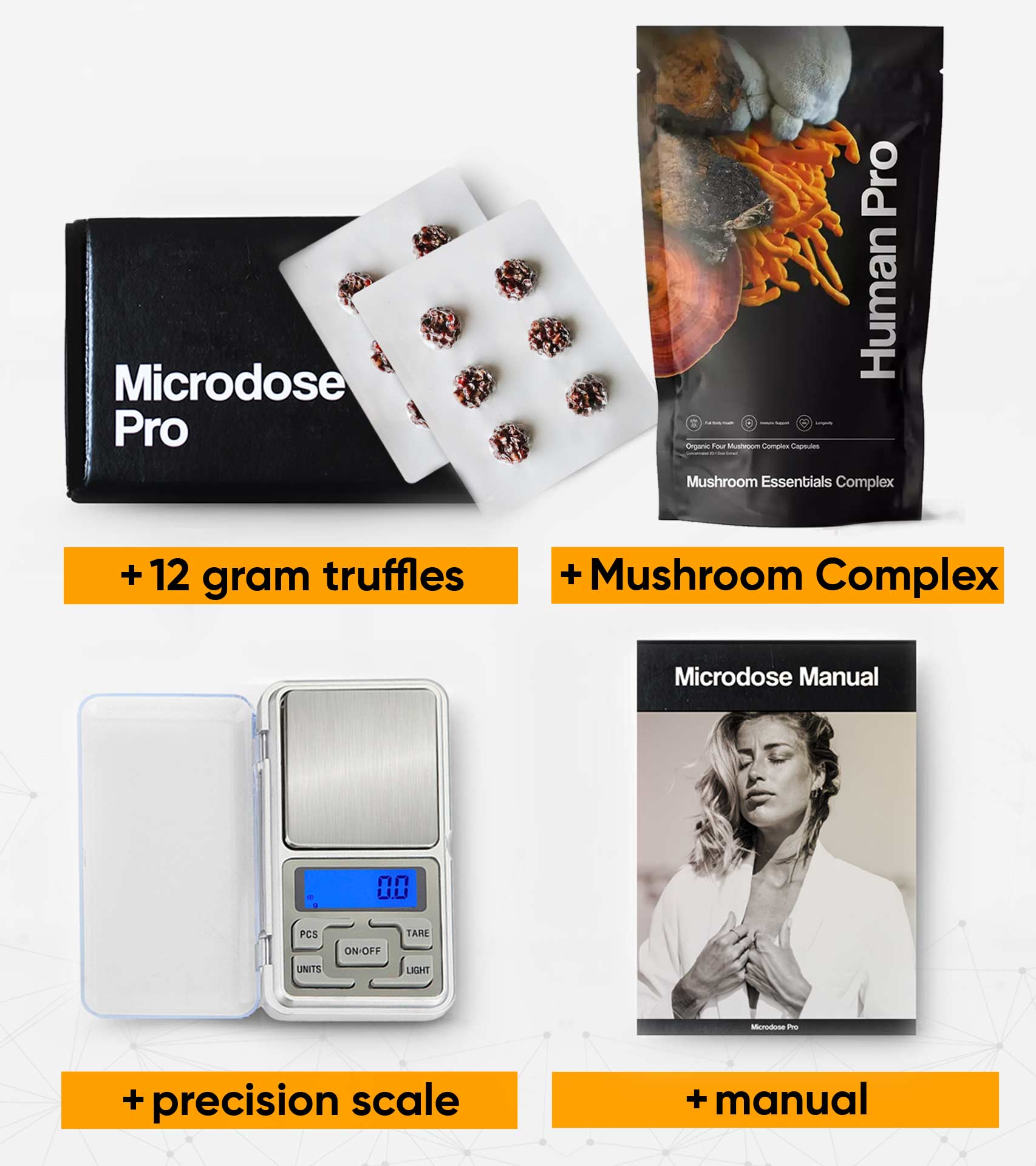Huberman goes psychedelic, again
With each passing week, more research on the impact of psychedelics on our minds is being conducted and released.
Important conversations such as this one are being had and thanks to the podcast era, we can listen in and learn more.
Dr. Andrew Huberman is at it again and this time he’s having a long 2.5-hour chat with Dr. Robin Carhart-Harris.
Why is this conversation a big deal? Because these conversations are becoming more and more mainstream.
These topics are so mainstream that Stanford magazine recently released an extensive article detailing results from their recent psychedelic trial.
More mainstream means more research and therefore more evidence one way or the other.
These most recent findings are available to us directly from the horse’s mouth and are ultimately fascinating to learn about.
Science is moving at breakneck speed trying to keep up with the psychedelic renaissance.
Long-form podcasts like these allow us to make a decent effort at keeping up.
Etymology of psychedelic
Starting at the beginning, let’s understand the origin of the word Psychedelic.
- The Greek origin of the word psychedelic: psyche = mind; delic = make clear
- Occasionally known as psychodelic
- The term ‘psychedelics’ originally referred to drugs that mimic aspects of psychosis in their action.
- Psychedelic pharmacology: compounds that work on serotonin 2A receptor in the brain
- Psychedelics can reveal something about the mind that can’t be revealed otherwise – maybe because it’s masked, unconscious, or below the threshold of awareness
- There are aspects of our minds and psyche not fully available to our conscious state
This psychedelic term was first coined in 1956 by a British/Canadian psychiatrist Humphry Osmond in his letter to Aldous Huxley.
The broad strokes main takeaways from this podcast episode are:
- Dr. Robin Carhart-Harris is a distinguished professor of neurology and psychiatry at the University of California, San Francisco.
- His laboratory is responsible for understanding how psilocybin, the active component in magic mushrooms and truffles, can change neural circuitry in the brain and how this can lead to new ideas and forms of learning.
- His laboratory has also conducted various clinical trials which have demonstrated that appropriate dosages of psilocybin can alleviate major depression in more than 67% of people that take the drug.
- The discussion also covers lysergic acid diethylamide (LSD) and DMT, how these change the brain, and how those brain changes can relate to changes in mental health.
- Furthermore, Dr. Carhart-Harris discusses the history of the study of psychedelics, as well as the evolving laws surrounding psychedelics, and how psychedelics can be applied to expand different aspects of the human mind.
- The discussion dives deeper and covers the different aspects of the psychedelic journey and how those relate to therapeutic outcomes, as well as the long-term effects of psychedelics.
Watch the podcast on YouTube here:
My favorite part was
I appreciated it when they made the following important point during the conversation.
‘When using psychedelics it’s vital to include a juxtaposition of meditation and behavioral approaches for the benefit of self-directed state change.’
I could not agree with them more and I even elaborated on the topic in my recent article How to 10x your Microdosing Practice with These Habits.
Including intentional daily practices within our microdosing practice is wise and potentially effective.
I could write about this all day, but instead, you can hear it straight from the professionals.
Enjoy listening.
As always, flow strong.
Asha ✨







0 thought on “Huberman goes psychedelic, again”